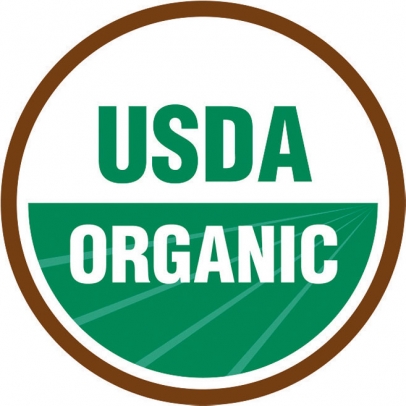Organic Means Non-GMO
There are so many good reasons to support certified organically grown food, especially when it comes from your local farmer. But did you know that certified organic food is also non-GMO? When you purchase 100% certified organic products you can rest assured that the broccoli, kale, carrots, or beets you’re taking home were raised without the use of genetically modified organisms.
While the monarch butterfly on the non-GMO label is sweet, it doesn’t guarantee your product is farmed with organic standards in mind. As Renee Hunt, Program Director at the Ohio Ecological Food & Farming Association (OEFFA), says, “GMOs have never been allowed in organic. The irony is that food labeled as non-GMO can be raised with synthetic pesticides and without regard to its environmental impact or treatment of animals. Organic is non-GMO and so much more.”
So look for the certified organic label when you shop to make sure you’re getting non-GMO and organic food all in one. Be curious of products or producers who use the term “organically grown” but don’t carry the label; it usually means they’re not certified organic. Ask questions of them to find out where they are in their organic certification process. “In the absence of mandatory labeling of foods containing genetically modified organisms (GMOs), the organic label—the gold standard in eco-conscious labels—is the best way to identify non-GMO food,” says Amalie Lipstreu, Policy Program Coordinator at OEFFA. “Organic is non-GMO and more. Not only are organic farmers prohibited from using GMO seed or feed, but organic farming also emphasizes soil health, protects natural resources, restricts the use of synthetic chemicals, and provides healthier food. Moreover, the organic label is highly verified and organic farmers undergo a rigorous annual certification process.”





